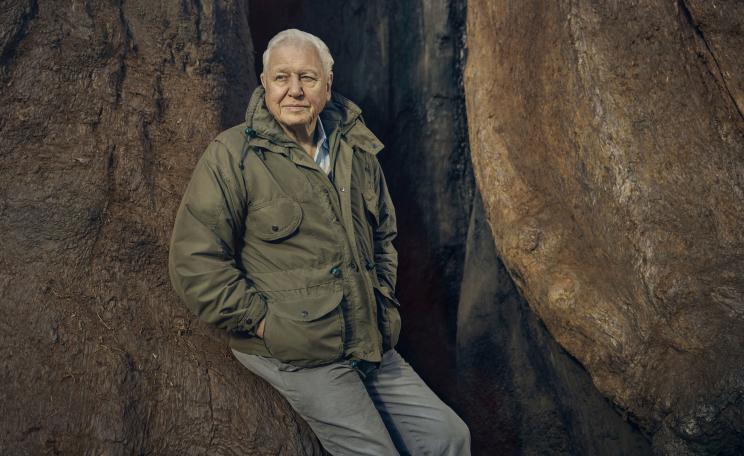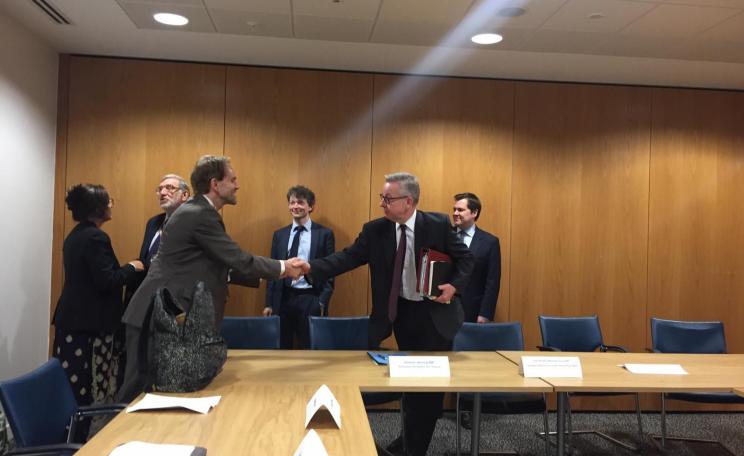We need to increase our collective awareness about the looming escalation of the biodiversity crisis.
Human activities are almost solely responsible for increasing mammal extinction rates over the past 126,000 years, a study has found.
The research, published in this week’s edition of Science Advances, discovered that human impact has caused 96 percent of past extinctions, and was a more significant factor than climate breakdown.
Scientists behind the study also concluded a further 558 mammal species could be extinct by the end of this century.
Mammoths
The findings differ from the views of other scientists, who believe that major climatic changes associated with Ice Age cycles were the main driving force behind most prehistoric mammal extinctions.
“We find essentially no evidence for climate-driven extinctions during the past 126,000 years,” said the study’s co-author Daniele Silvestro.
“Instead, we found that human impact explains 96 percent of all mammal extinctions during that time.”
Mr Silvestro added: “However, current human-caused climate change is a novel phenomenon with different pressures, and together with fragmented habitats, poaching and other human-related threats, it poses a large risk for many species”.
The study analysed 351 mammals that have become extinct since the beginning of the late Pleistocene epoch, almost 12,000 years ago, including mammoths, sabre-toothed cats, and giant ground sloths.
Emergency
The scientists found that extinction rates in Australia, North America and Madagascar increased drastically following human arrival.
They also found that past extinctions did not happen continuously and at a constant pace, instead occurring in bursts.
But the magnitude of human-driven extinctions globally has picked up pace, scientists warn.
Lead author Tobias Andermann of the University of Gothenburg said: “We can save hundreds if not thousands of species from extinction with more targeted and efficient conservation strategies.
“But in order to achieve this, we need to increase our collective awareness about the looming escalation of the biodiversity crisis, and take action in combating this global emergency. Time is pressing. With every lost species, we irreversibly lose a unique portion of Earth’s natural history.”
This Author
Ted Hennessey is a reporter with PA.







